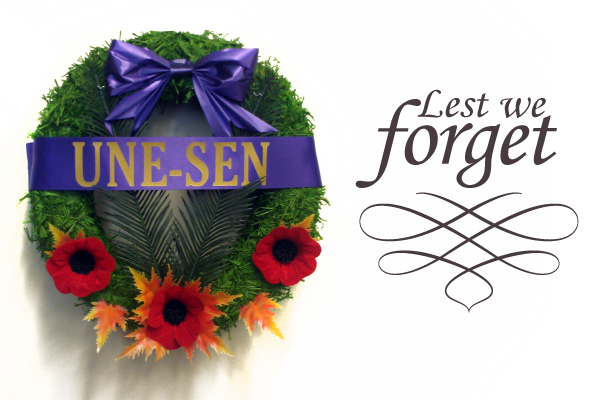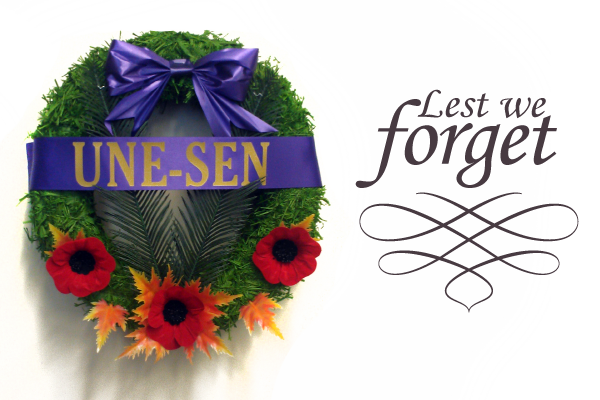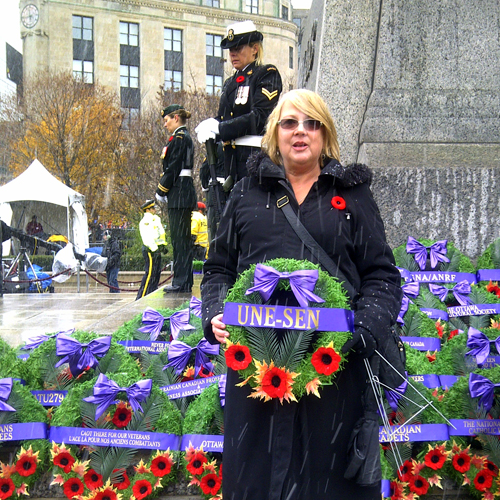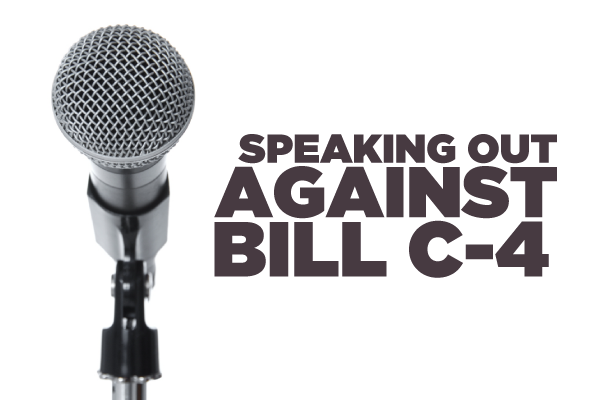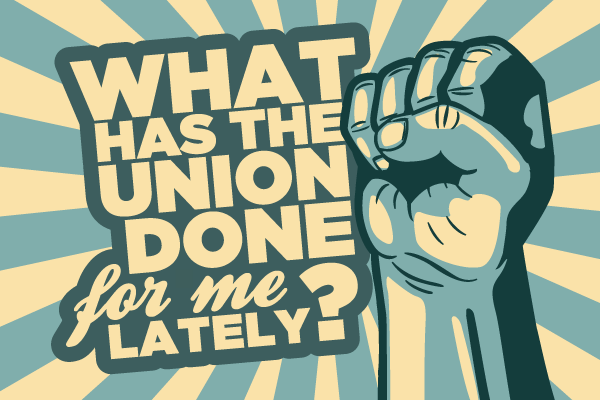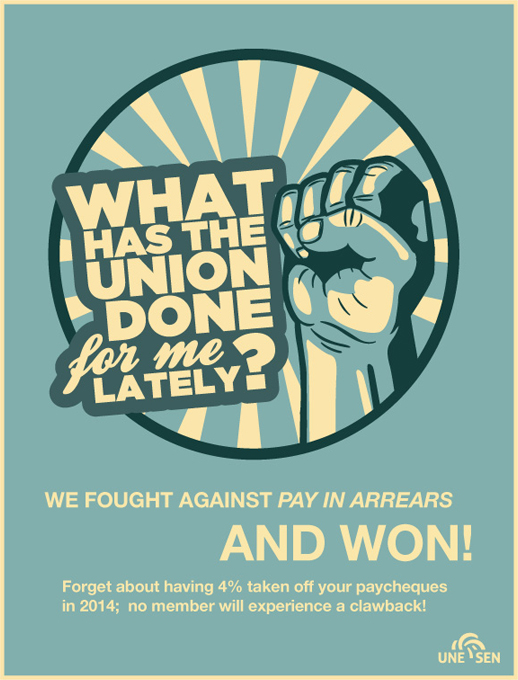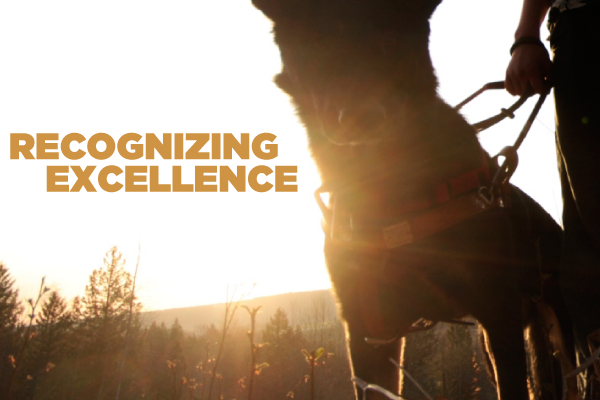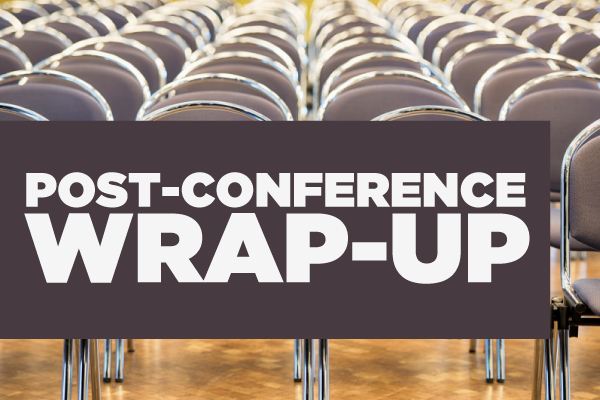
Full disclosure: some of us have never been to an annual general meeting. To get a better idea of what happens at these things, the UNE communications officer was sent to spy on the AGM of Local 70130.
This particular Local represents all members of the Passport Program at Citizenship and Immigration and Service Canada in the National Capital Region. It’s a Local that represents close to 900 members! To be precise, it includes members working at the mail-in centre, the call centre, headquarters and at the two passport counter offices in the Ottawa-Gatineau area.
Given the mix of French and English-speaking members there, Local President Rose Touhey and Local Vice-President Karl Lafrenière took turns explaining the proceedings in both official languages. This allowed everyone to fully participate.
And over and above the tasty coffee and snacks, members were also treated to a few words from their elected representatives and union staff.
We heard that the commissionaires were starstruck when they saw PSAC Regional Executive Vice-President Larry Rousseau walk into the building – let’s just say that he’s been spending a lot of time on TV these days!
Rousseau came to the meeting to meet members and talk about how the Budget Implementation Act (Bill C-4) is likely to impact us.
“The Conservative government is trying to take away our rights as workers – to take away our ability to get to the kind of collective agreement we want to have.” said Rousseau. “And that is what is absolutely unacceptable here.”
Rousseau also took the time to commend the Local for their hard work. This particular Local has worked tremendously hard to achieve better working conditions and establish better relations with management.
“If I need examples to give to other Locals as to how things can work, I draw them from Local 70130,” said Rousseau to enthusiastic applause.
Those sentiments were later echoed by Labour Relations Officer Jim McDonald.
“Over the past couple of years, we’ve addressed some tough issues. We’ve had some great successes and we’ve set some important precedents – and all the while, we’ve been able to maintain and foster good relations with our counterparts at Passport Canada,” said McDonald.
“This Local works very hard; they sure keep me busy,” he added. “My phone rings off the wall!”
UNE National President Doug Marshall also took the opportunity to talk about the important changes to collective bargaining hidden in Bill C-4.
“This government is preparing things for us,” said Marshall. “This bill is designed to weaken our ability to deal with the employer and deal with the issues that you wish to have in your collective agreement.”
“The government wants to eliminate other negotiation options and send us to the Public Interest Commission,” warned Marshall. “What the commission is going to look at is the state of the economy – not whether your wages are fair, not whether your terms and conditions are the same as the outside – they’re going to look at the economy.”
Needless to say, the economy isn’t doing so well these days!
Marshall also took the time to encourage members to think about bargaining demands (side note: if your Local belongs to a Treasury Board or Parks Canada bargaining unit, the deadline for your Local to submit bargaining demands is November 15!). Local 70130 will hold a meeting to discuss bargaining very shortly.
This meeting also became a great opportunity to quickly explain the success of the web-based campaign we launched regarding the dissolution of Passport Canada. The government released the news last May, smack dab in the middle of a Senate scandal and another scandal involving a certain notorious Toronto mayor. Despite our attempts, the media just wasn’t interested in our scandal-free story.
The good news is that our campaign reached well over 1.5 million Canadians – and it drove nearly ten thousand of those to our website for more information. We also received tons of testimonials about the great work Passport Canada employees provide. Whether communicating to us via email, Facebook or Twitter, Canadians were clear: they love Passport Canada and they weren’t happy with the government’s decision.
That campaign managed to revive some media interest in the story, right before July 2 – the official date marking the end of Passport Canada.
Finally, it wouldn’t be an annual general meeting without the basics! After the budget was explained and approved by the membership, elections were promptly held.
Since this is such a large Local, half the executive positions are up for election on alternating years. Once elected, these officials serve a two-year term.
Karl Lafrenière, who also serves as an assistant regional vice-president for the Outside Canada region, was re-elected to the position of Local Vice-President. Isabelle Beaudoin, who also serves as a regional human rights representative on the same regional team, was re-elected to the position of third local vice-president.
The elections also saw Jean-François Lamothe re-elected as secretary and Kasandra De Lima re-elected as human rights representative. Kenton Little and Darrel Klerks were both newly-elected to the positions of building vice-presidents for their respective buildings.
And, last but not least, Benoit Brosseau was appointed as a new shop steward.
We’d like to extend our thanks to members of Local 70130 for allowing us to attend their annual general meeting. We wish all elected officers the best of luck!

